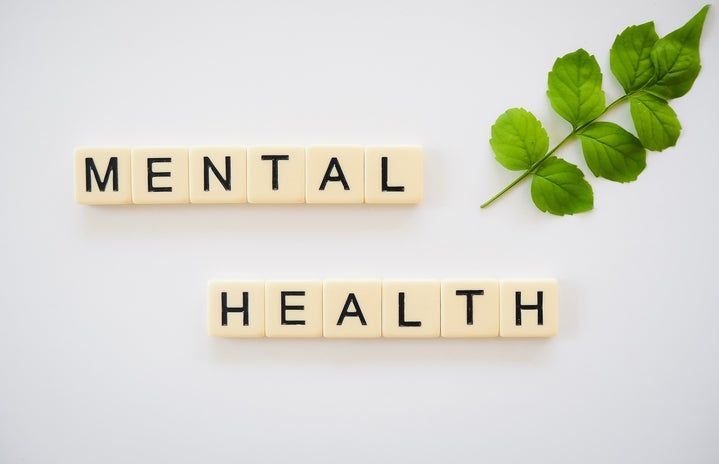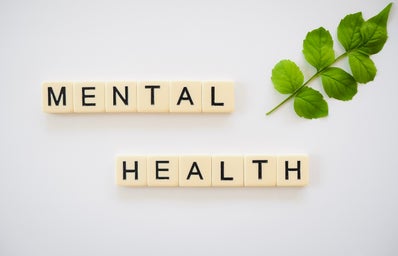World Mental Health Day is an international holiday that is annually set aside for mental health education and awareness around the world. This holiday was first celebrated on October 10th, 1992, at the initiative of the World Federation for Mental Health. This global organization is still active today and its membership spans more than 150 countries. Each year, October 10th brings thousands of advocates together to attend conferences, set up awareness booths, and host round-table discussions to bring attention to mental illnesses and their effect on people’s lives.
While many celebrate on a large scale, there are several ways for us as individuals to practice awareness by treating ourselves well. This week, I encourage you to try one or more of the following practices to nourish your soul and boost your own mental health:
1. Eat well. This simple act significantly reduces stress’ impact on your body. Go for the greens to become an immunity powerhouse, or opt for foods that contain beta-blockers, antioxidants, and vitamins. Naturally calming foods include turkey, salmon, red bell peppers, oats, tart cherries, bananas, and almonds. Remember to drink plenty of water.
2. Find your zen. Meditation isn’t reserved for yoga lovers. Mindfulness can improve both your mental and physical health. Your mind and body are connected more than you even know. Whether you’re a seasoned yogi or amateur “Yoga with Adrienne” admirer, spend a few minutes of your day stretching your body and filling your lungs with oxygen.
3. Practice gratitude. According to Andy Andrews, “it is impossible for the seeds of depression to take root in a thankful heart.” Gratitude improves both physical and psychological health through raising energy levels, therefore inducing better sleep habits and a stronger immune system. Everyone has the ability to cultivate an attitude of thanksgiving. Start small with a daily log to note little moments of joy, or devote an entire journal from TJ Maxx to lists of gratitude.
4. Understand your stress and how to manage it best. Emotional exhaustion is totally normal yet totally preventable. Some ways to combat stress are through the following methods of catharsis: slowing down, breathing, sleeping in, exercising, laughing, and singing. Be stronger than your stress.
5. Observe a Sabbath. Many world religions observe a weekly day of Sabbath in which believers do not work; rather, they worship and rest. The concept of rest is not foreign to our minds but often foreign to our bodies. Mid-afternoon naps and earlier bedtimes can help people physically rest; digital detoxes and mind vacations can help people mentally rest. Consider creating a “lights out” schedule for yourself or giving up your phone for 24 hours.
While some of these concepts are far easier said than done, make sure to find time amidst your busyness to infuse these practices into your daily life. It’s incredibly challenging to continue to pour from an under-served vessel; it’s not possible to function properly during day-to-day life if your soul is not taken care of. Life is often full of chain reactions: if we don’t sleep well, we won’t eat well; if we don’t eat well, we won’t focus well; if we don’t focus well, we won’t perform well. Be kind to yourself and others.


